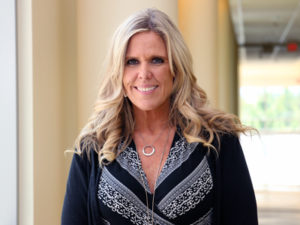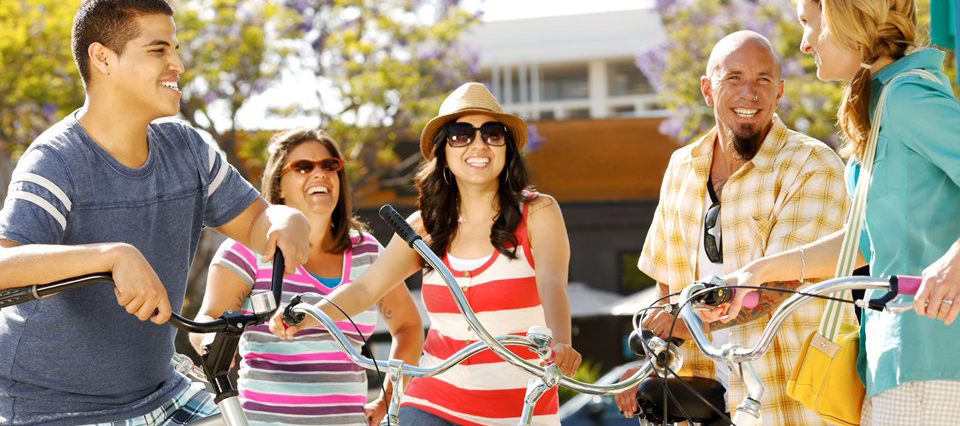A Kaiser Permanente expert on injury prevention offers tips for avoiding heat-related illnesses.
With summer’s long and sunny days, people are heading outdoors for fun and healthy activities such as hiking, running, or biking. But before you or your family members go outside, remember to take precautions against heat-related illnesses, including heat exhaustion and heatstroke. This is especially true in extreme heat over 100 degrees.

Heat Exhaustion
Heat exhaustion can generally occur when someone is working or exercising in hot weather, sweats a lot, and does not drink enough liquids to replace lost fluids. Symptoms can include fatigue, weakness, headache, dizziness, nausea, skin that is pale, cool, and moist, and, occasionally, fainting.
Mild cases can be treated at home, but moderate to severe heat exhaustion can lead to heatstroke, which requires emergency medical treatment.
Heatstroke
Heatstroke occurs when a person is exposed to a hot environment and the body is unable to cool itself effectively. Symptoms include mental changes (such as confusion, delirium, or unconsciousness), and skin that is red, hot, and dry because the person has stopped sweating.
Classic heatstroke can develop without exertion over several days. Babies, older adults, and people with chronic health problems, have the greatest risk for this type of heatstroke.
Heatstroke also can develop when a person is working or exercising in a hot environment. Someone who is suffering from this kind of heatstroke may sweat profusely. Nevertheless, the body is still producing more heat than it can manage, which causes the body’s temperature to rise dangerously high.
Both types of heatstroke can cause the body’s organs to stop functioning. Heatstroke is life-threatening and requires emergency medical treatment.
When you’re enjoying the outdoors, keep these tips in mind to help prevent heat-related illnesses:
Acclimate to the heat by gradually increasing your exposure to physical activity in the heat. It may take 10 to 14 days to become acclimated to the heat.
- Remain well-hydrated by drinking eight fluid ounces of water before becoming active in the heat.
- Continue to drink moderate amounts of fluid every 15 to 20 minutes during the activity. Don’t wait until you become thirsty.
- Wear clothing that is light-colored, lightweight, single-layered, and absorbent, allowing evaporation of body sweat.
- Limit sun exposure during midday hours (10 a.m. to 2 p.m.) and in places of potential severe exposure, such as beaches or other areas lacking adequate shade.
- As a precaution, avoid exercising outdoors if the temperature is in the 90s or it is humid.
Keep infants and children safe from heat-related illnesses:
- Never leave infants or children in a parked car. Even on a relatively cool day, the temperature inside a car can quickly rise. According to the National Highway Traffic Safety Administration, a car can heat up to well above 110 degrees even if it is just 60 degrees outside.
- Dress infants and children in cool, loose clothing and shade their heads and faces with hats or an umbrella.
- Watch babies and small children closely for early symptoms of dehydration that include dry mouth and sticky saliva, reduced urination with dark yellow urine, and acting listless or easily irritated.
Air-conditioning is the best way to protect against heat-related illness. Do not rely on a fan as your primary cooling device. If your home is not air-conditioned, reduce your risk for heat-related illness by spending time in public facilities that are air-conditioned.





This Post Has 0 Comments